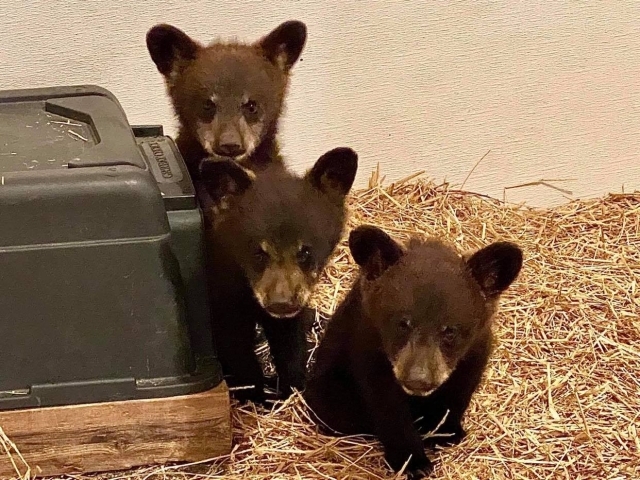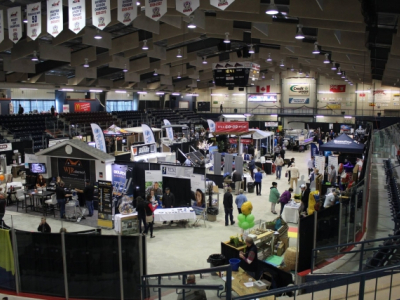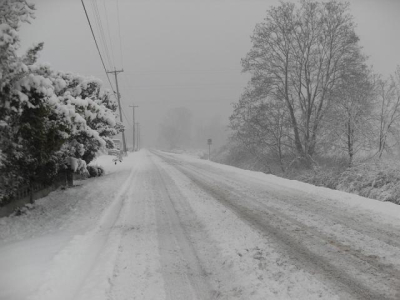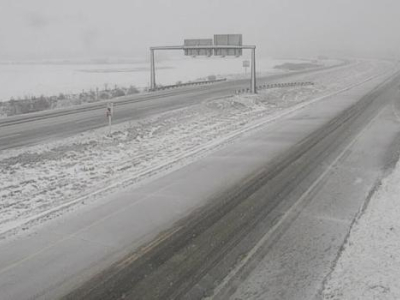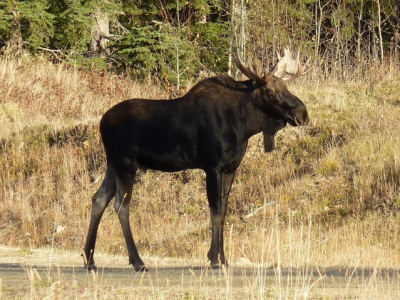You may have noticed more bear cubs that were in places that they usually aren't over the summer months and if you did, you weren't alone. Because of a late frost that killed flowers on the berry bushes, the drought we experienced, and forest fires, bears were on the move to places that they aren't normally seen.
As a result, they were coming into contact with people whether that be in their backyards or just in parks. In many cases, mothers were getting hit by vehicles and that meant many cubs struggled to survive, but that's where Black Bear Rescue Manitoba came in. They brought 32 bears into their facility near Stonewall. Black Bear Rescue gives young cubs a chance to grow while they are still too young to be out in the wild by themselves.
Two of the cubs, unfortunately, passed away; however, 30 of them are now set to be released into the wild. 13 of the cubs were also rescued from the Parkland with three being rescued from Grandview, one in Swan River, five from Roblin, one in Onanole, and three from the Duck Mountains. Two were also rescued from Sandy Lake.
Judy Kearns and her husband run Black Bear Rescue on their property and now that they're getting set to release the cubs back into the wild so they can hibernate for the winter, Kearns says it's a bittersweet feeling.
"I've been providing them with 24/7 care for several months now so I always worry when we release them, what will happen," said Kearns. "All we can do is hope for the best when we release them into the wild. It's sad but at the same time, I'm looking forward to getting a bit of a break for the winter."
A registered charity, Black Bear Rescue doesn't receive any money from the government so they are always accepting donations by heading to their Facebook page. And as the years have gone on, Judy has become that much busier. In their first year, they welcomed three cubs to their facility, they had seven in their second year, 19 in their third year and now 32 in their fourth year.
"We really have no idea what next year will hold for us," offered Kearns. "More and more people are finding out about us so we could see another increase, I guess we'll see how it goes."
If you're ever out and about when spring arrives and you notice a cub is walking around without its mother, that is often a red flag because mothers would normally put their cubs high up in trees away from predators. Your next step would be calling conservation.

